Kerry and Arrabawn plant to invest up to €80m in the coming years as their farmers increase milk production.
Kerry is planning investment of between €20m and €50m, farmers at the Irish Farmers Journal Dairy Day in Punchestown were told.
Arrabawn, too, is planning to spend €25m to €30m on casein processing in 2018/2019. The money will be spent over five years, according to chairman Sean Monaghan.
Many Arrabawn suppliers want to remain as family farms, not necessarily become big businesses, he added.
Glanbia farmers intend to increase their milk production by a further 30% up to 2020, according to chair Henry Corbally.
Build the plants
During this growth phase, “you have to build the plants”, he said, pointing to the investment in Belview, which is up to infant formula standard.
Rejecting the idea of Glanbia setting up its own infant formula brand, Corbally insisted: “That would cost hundreds of millions, beyond the scale of any co-op and even Ireland as a whole.”
“To supply infant formula is high up in the value chain.”
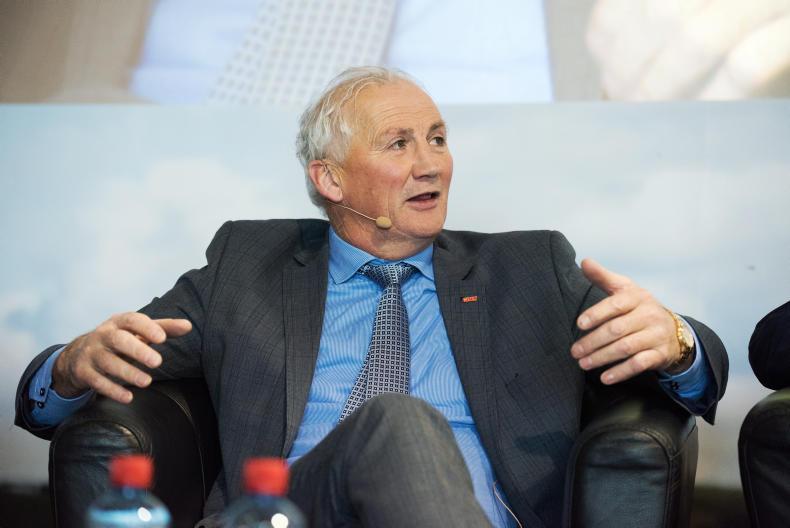
Glanbia chair Henry Corbally talking at Dairy Day. \ Barry Cronin.
Asked about the large proportion of milk processed into milk powder instead of higher value added products, Aurivo chair Pat Duffy said: “There is a misconception out there that there is no value in milk powder, there is value in it and the 50 markets we sell into.”
Powders
While the large proportion of milk will continue to go into powders, Duffy said that a larger proportion of milk from now on will go into the sports nutrition market through its For Goodness Shake brand.
“The sports nutrition market is the fastest growing but accounts for the smallest amount of our milk,” he said. “That will grow but it’s about spreading your bets to return back to the farmer.”
Milk price
John Dunlop, chair of Dale Farm said that the growth phase for Dale Farm has already happened in the last 10 years.
Now the focus is on building relationships and partnerships with retailers and developing the business through cheese and whey production and selling into the 65m-strong consumer market of the UK.
“Our focus is on developing the business so that there is a margin for the processor and ultimately for the farmer.”
With 1,300 farmers supplying the co-op, Dunlop added: “It’s all about milk price, milk price, milk price – without farmers we don’t have an industry.”
Infant formula
Andrew McConkey, LacPatrick chair said that following the co-op’s €34m investment in a dryer inArtigarvan, Co Tyrone, the focus now is on extracting value from that for its farmers.
“We have longstanding customers such as Abbott for infant formula, and we will be working very hard with them going forward to find out what are their needs, what niches can we find and extract value from for both our customers and the farmers.”
Arrabawn is planning a €25m to €30m investment on casein processing. Kerry planning €20m to €50m investments. #dairyday pic.twitter.com/kqzsYKno1f
— FJ Dairy (@FJDairy) November 23, 2017
Lakeland suppliers are expanding production at 5% annually since quotas were dismantled, according to chairman Alo Duffy.
The current Lakeland milk pool of 1.2m litres will grow to 1.5m litres by 2020, said Duffy, and the growth targets for that milk are in the food service and value-added markets.
Co-operation
Questioned about whether Irish co-ops should work together more as an industry, Dairygold chair James Lynch said that he believed co-ops did not get enough credit for the amount of co-operation already in place.
“Dairygold has 11 different arrangements in place with different processors,” he pointed out. “With our 7.5t/hr dryer, we are working with our neighbours both left and right.”
“The Irish industry is most certainly not disconnected.”
He added that Dairygold farmers intend to expand milk production by a further 22.5% by 2025.
Some 60% of the co-op’s suppliers will expand, with 39% happy to stay at their current herd size and 1.5% indicating they will either reduced or exit milk production.
Watch live: Irish Farmers Journal Dairy Day
Dairy Day: lessons from New Zealand, Brazil and the Netherlands
Dairy Day: inspections need to back up the Origin Green story




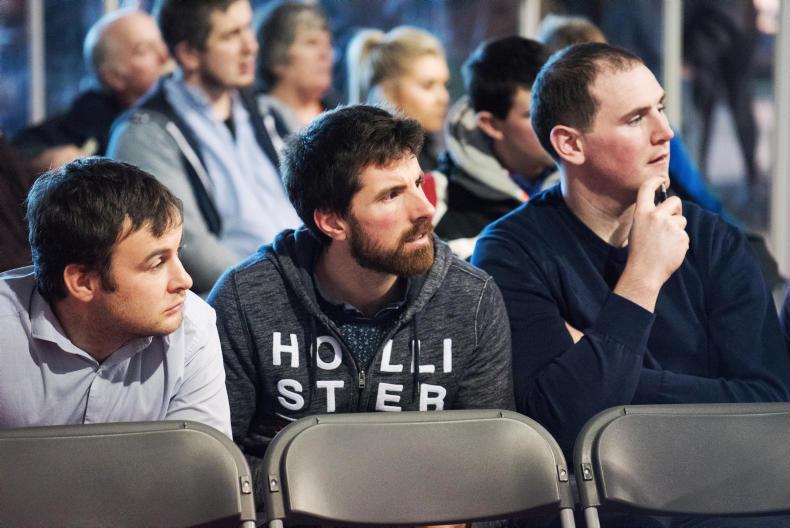
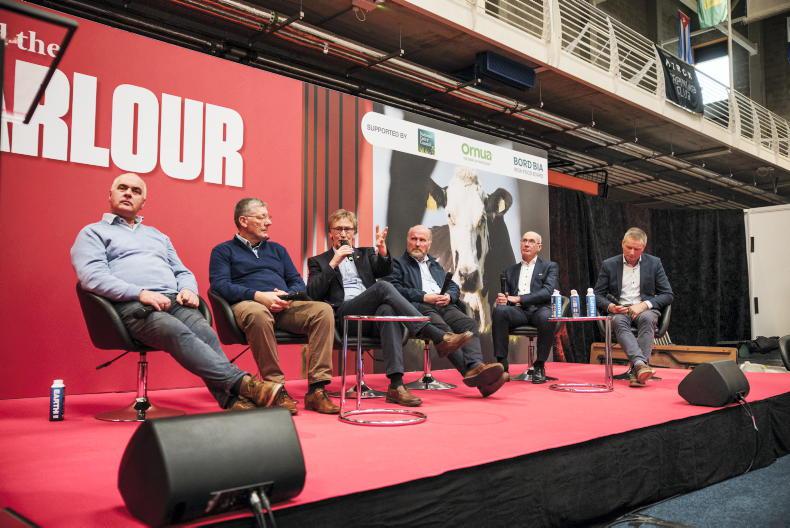

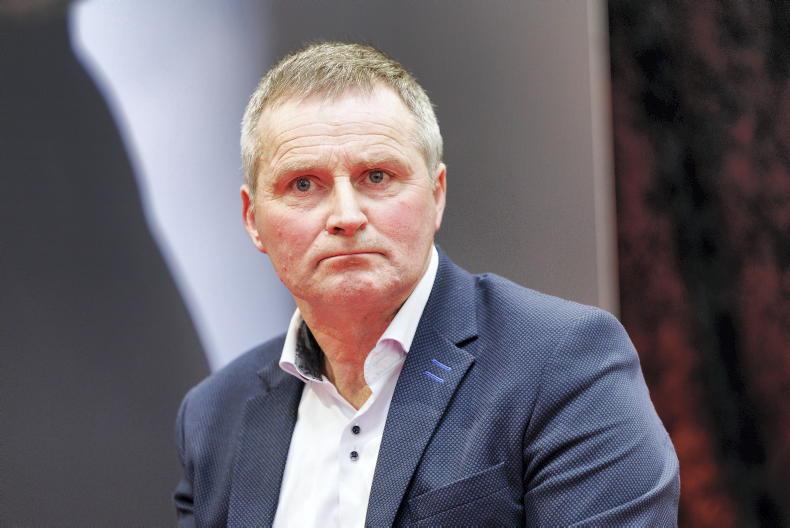
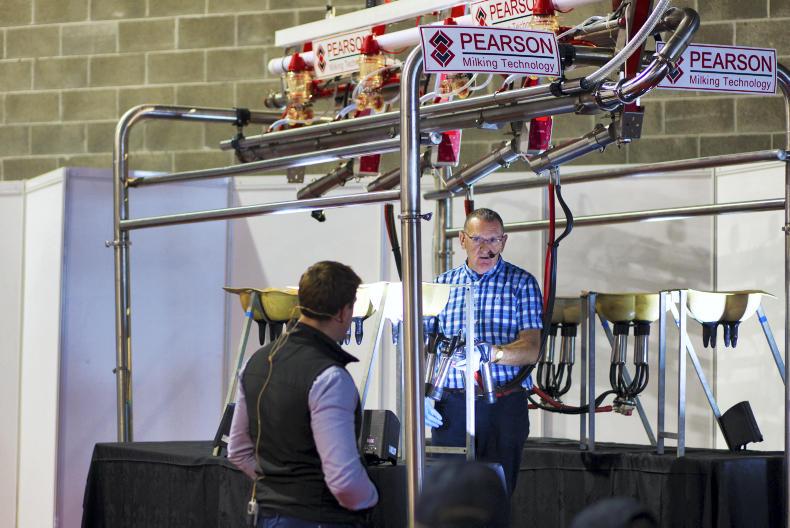
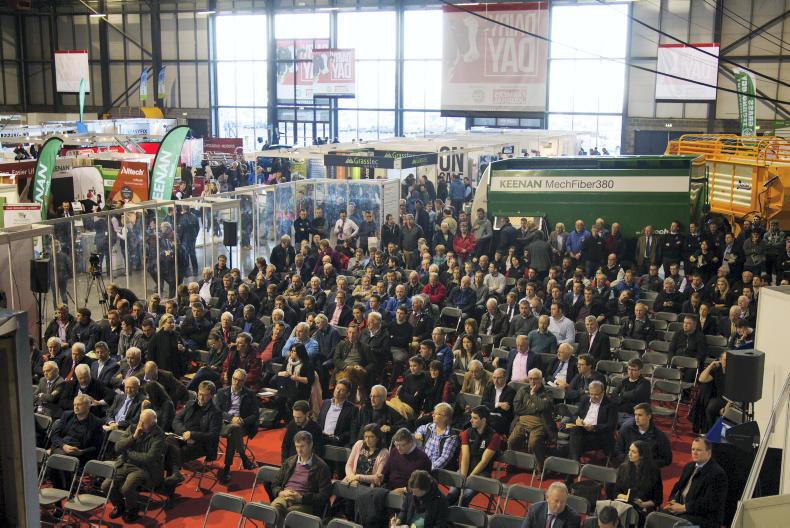
SHARING OPTIONS